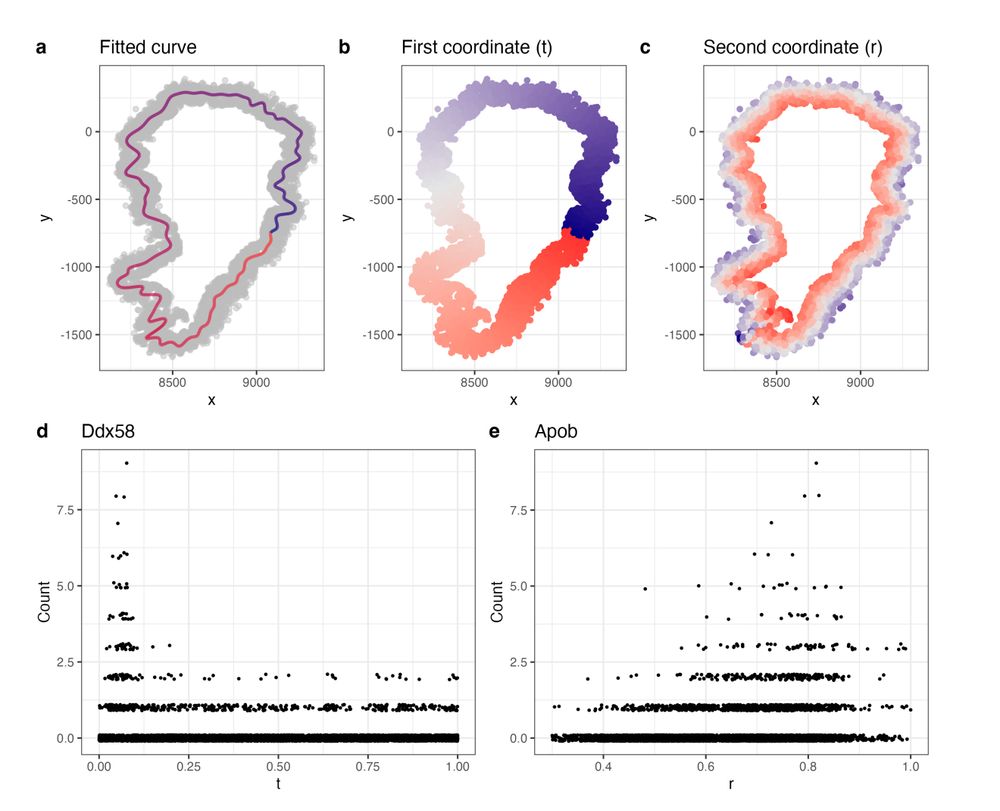Rafael Irizarry
@rafalab.bsky.social
2.9K followers
12 following
20 posts
Applied statistician. I tweet data-driven observations, data science educational materials, academic research updates, and the occasional joke.
Posts
Media
Videos
Starter Packs
Rafael Irizarry
@rafalab.bsky.social
· Dec 24
Rafael Irizarry
@rafalab.bsky.social
· Dec 24
Rafael Irizarry
@rafalab.bsky.social
· Dec 24
Rafael Irizarry
@rafalab.bsky.social
· Dec 24
Rafael Irizarry
@rafalab.bsky.social
· Dec 24
Rafael Irizarry
@rafalab.bsky.social
· Dec 24
Rafael Irizarry
@rafalab.bsky.social
· Dec 23
Rafael Irizarry
@rafalab.bsky.social
· Dec 23
Rafael Irizarry
@rafalab.bsky.social
· Dec 23
Rafael Irizarry
@rafalab.bsky.social
· Dec 23
Rafael Irizarry
@rafalab.bsky.social
· Nov 26
Assistant/Associate/Full Professor of Data Science and Biostatistics
The Departments of Biostatistics at Harvard T.H. Chan School of Public Health and Data Science at the Dana-Farber Cancer Institute provide exceptional environments to pursue research and education in ...
academicpositions.harvard.edu
Rafael Irizarry
@rafalab.bsky.social
· Oct 19
Rafael Irizarry
@rafalab.bsky.social
· Sep 22
Rafael Irizarry
@rafalab.bsky.social
· Sep 22
Rafael Irizarry
@rafalab.bsky.social
· Sep 20



